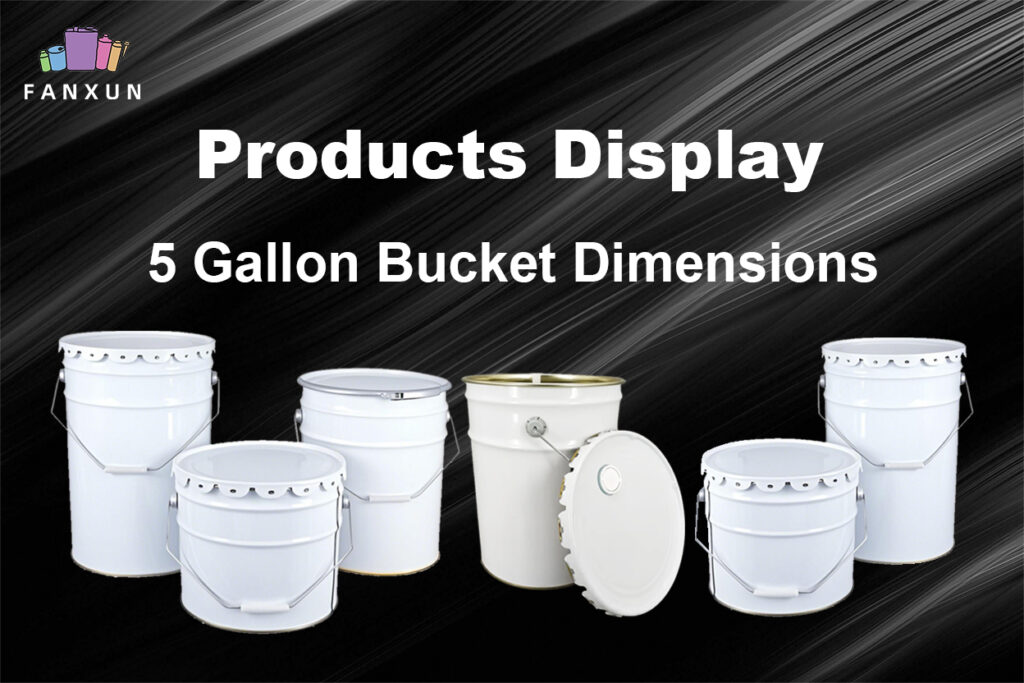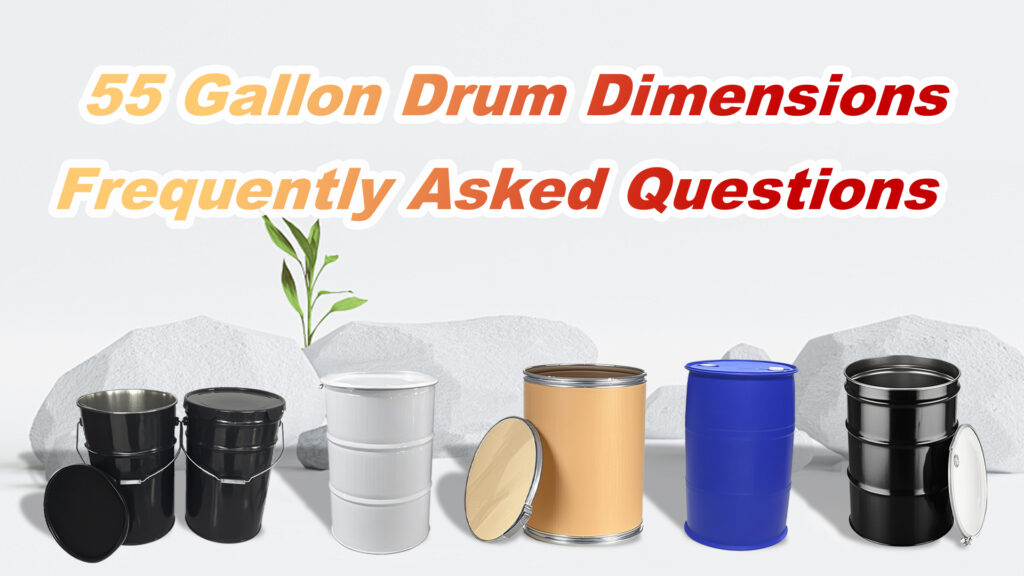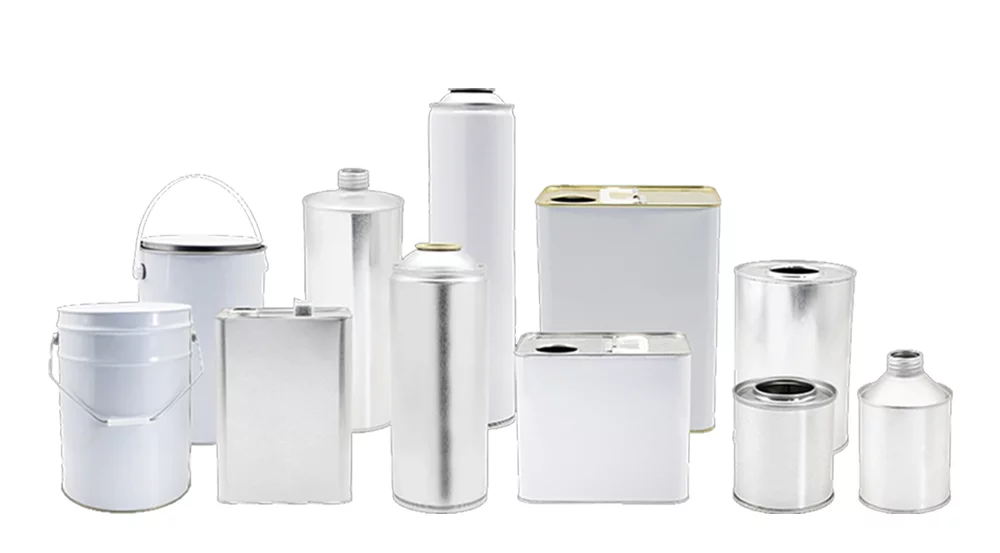That trusty steed in your driveway, the one that’s seen countless commutes, road trips, and grocery runs, is starting to show its age. You’ve heard about “high mileage oil” and wonder if it’s the elixir of life your engine needs, or if it’s just marketing hype that could potentially cause more harm than good. It’s a common concern: can high mileage oil actually damage an engine?
Let’s be honest, engine care can feel like navigating a minefield of technical jargon and conflicting advice. You want to do the best for your car without inadvertently causing problems. This article is your comprehensive guide to understanding high mileage oil, demystifying its properties, and helping you decide if it’s the right choice for your vehicle. We’ll dive deep, explore multiple dimensions, and aim to answer all your burning questions.
What Exactly IS High Mileage Oil?
Before we tackle the “damage” question, let’s understand what high mileage oil is and how it differs from conventional or even some synthetic oils.
High mileage oils are specifically formulated for vehicles that have clocked significant miles – typically 75,000 miles (around 120,000 kilometers) or more. As engines age, certain issues become more prevalent:
- Seal Degradation: Rubber seals and gaskets can dry out, become brittle, or shrink over time. This leads to oil leaks – those pesky spots on your driveway.
- Oil Consumption: Worn piston rings or valve seals can allow small amounts of oil to seep into the combustion chamber, where it gets burned off. This means you’re topping up oil more frequently.
- Sludge and Deposits: Over years of operation, sludge, verniz, and other deposits can accumulate in the engine, restricting oil flow and reducing efficiency.
- Increased Wear: Components naturally experience more friction and wear as they age, potentially leading to reduced compression and performance.
High mileage oils address these issues with a specialized additive package. Think of it as regular oil that’s hit the gym and taken some targeted supplements:
- Seal Conditioners/Swell Agents: These are the star players. These additives are designed to rejuvenate dried or hardened seals, causing them to swell slightly and regain some of their original flexibility and shape. This helps to stop or slow down existing minor oil leaks and prevent new ones from forming around areas like the crankshaft or camshaft seals.
- Robust Detergents and Dispersants: While all quality oils have detergents, high mileage formulas often contain higher concentrations or more potent types. These help to clean existing sludge and deposits and prevent new ones from forming, keeping the engine internals cleaner.
- Anti-Wear Additives: Extra protection is often included to provide a better lubricating film on crucial engine parts, helping to mitigate the effects of existing wear and protect against further damage. Zinc and phosphorus (often in the form of ZDDP) are common anti-wear components, though amounts are balanced to protect catalytic converters.
- Viscosity Modifiers: These help the oil maintain its specified viscosity (thickness) across a wider range of temperatures, which is particularly important in older engines that might experience more internal temperature fluctuations or have looser tolerances. Some high mileage oils might be slightly more viscous within their grade (Por exemplo, a 5W-30 high mileage oil might be on the thicker end of the 5W-30 spectrum) to help fill larger gaps in worn bearings and reduce consumption.
- Antioxidants: These help the oil resist breaking down (oxidizing) under high heat, extending its life and protective qualities.
Can High Mileage Oil Damage an Engine?
The short answer is generally no, high mileage oil is unlikely to damage an engine when used appropriately in a vehicle it’s designed for. Na verdade, it’s formulated to help older engines.
No entanto, like any specialized product, there are nuances and specific situations where concerns might arise or where it might not be the optimal choice:
Potential Concerns (and Why They Are Mostly Myths or Misunderstandings):
-
“The seal swellers will damage good seals or make leaks worse.”
- Reality: Reputable high mileage oils use conditioners that are designed to restore suppleness to aged, hardened seals, not to over-swell healthy seals or aggressively attack them. If a seal is already severely cracked or physically broken, no oil additive will fix it – it needs mechanical replacement. In very rare cases with extremely old or incompatible seal materials (less common in modern formulations), an aggressive additive could theoretically exacerbate an issue, but this is not a typical outcome with quality brands. O “making leaks worse” scenario usually applies if the detergents clean away sludge that was temporarily plugging a hole – revealing an underlying mechanical issue.
-
“The strong detergents will dislodge too much sludge and clog oil passages.”
- Reality: This is a concern with any high-detergent oil (including some synthetics) if introduced to a very poorly maintained, heavily sludged engine for the first time. The detergents do their job by loosening deposits. If there’s an extreme buildup, these dislodged particles could theoretically overwhelm the oil filter or clog narrow passages. No entanto, high mileage oils are formulated to do this gradually. If you suspect your engine is severely sludged (Por exemplo, you bought a used car with a questionable maintenance history), it’s wise to:
- Perhaps use a dedicated engine flush product (with caution and following instructions precisely) before switching.
- Change the oil and filter more frequently for the first couple of cycles after switching to a high mileage or high-detergent oil.
- For most engines with reasonable maintenance, this is not a significant risk.
- Reality: This is a concern with any high-detergent oil (including some synthetics) if introduced to a very poorly maintained, heavily sludged engine for the first time. The detergents do their job by loosening deposits. If there’s an extreme buildup, these dislodged particles could theoretically overwhelm the oil filter or clog narrow passages. No entanto, high mileage oils are formulated to do this gradually. If you suspect your engine is severely sludged (Por exemplo, you bought a used car with a questionable maintenance history), it’s wise to:
-
“It’s too thick and won’t lubricate properly.”
- Reality: High mileage oil is still formulated to meet the viscosity grades specified by manufacturers (Por exemplo, 5W-30, 10W-40). While some might be on the higher end of their specified viscosity range, they are not “thicker” in a way that would impede flow in a healthy engine designed for that grade. Using a viscosity not recommended by your manufacturer (Por exemplo, putting 20W-50 in an engine designed for 0W-20) is a different issue and pode cause problems, regardless of whether it’s high mileage oil or not.
-
“Using it in a new or low-mileage engine.”
- Reality: While it probably won’t cause immediate, catastrophic damage, it’s not ideal and offers no benefits. New engines have seals that are perfectly fine and don’t need “conditioning.” The additive package is simply unnecessary and you’re paying a premium for features you don’t need. Some argue that certain additives in high mileage oil might not be optimal for the break-in period of a brand-new engine, but most modern engines are largely broken-in from the factory. The primary issue here is cost-effectiveness and using a product not tailored for your engine’s current state.
When High Mileage Oil Shines:
High mileage oil is most beneficial for engines that are:
- Over 75,000 miles (120,000 km).
- Showing signs of minor oil leaks (Por exemplo, small drips on the garage floor).
- Consuming a bit more oil between changes than they used to.
- Have had a reasonable, but perhaps not perfect, maintenance history.
- Not suffering from major mechanical failures (like a blown head gasket or severely damaged piston rings – oil is not a mechanic in a bottle).
Comparing Oil Types: A Quick Overview
To put high mileage oil into perspective, let’s see how it stacks up against other common types:
| Recurso | Conventional Oil | Synthetic Blend Oil | Full Synthetic Oil | High Mileage Oil (often synthetic blend or full synthetic based) |
|---|---|---|---|---|
| Base Stock | Refined crude oil | Mix of conventional & synthetic | Chemically engineered | Conventional, synthetic blend, or full synthetic base |
| Additive Focus | Basic protection, meets API standards | Enhanced protection over conventional | Superior protection, cleanliness, desempenho | Seal conditioning, cleaning, anti-wear for older engines |
| Performance | Bom | Better | Best overall | Tailored for aged engines |
| Price | $ | $$ | $$$ | −$ (depends on base stock) |
| Common Use Case | Older, simpler engines, budget changes | Step up from conventional | High performance, extreme temps, new cars | Engines >75,000 miles, minor leaks/consumption |
| Key Benefit | Econômico | Improved protection & longevity | Maximum protection & desempenho | Addresses aging engine symptoms |
Aspects to Consider Before Pouring in High Mileage Oil
Making an informed decision is key. Here’s what to mull over:
- Your Vehicle’s Mileage and Age: Is it genuinely a “high mileage” vehicle according to the typical threshold (75,000+ miles)?
- Current Engine Condition:
- Any existing leaks? If so, how severe? High mileage oil can help with minor seeps from hardened seals. It won’t fix a torn gasket or a cracked oil pan.
- Are you burning oil? A little consumption might be helped; a lot indicates more serious wear (like piston rings) that oil alone can’t resolve.
- Listen to your engine: Any unusual noises? While HM oil can quiet some minor lifter tick due to better film strength or cleaning, it’s not a fix for mechanical damage.
- Manufacturer’s Recommendation: Always consult your owner’s manual first. It will specify the recommended viscosity grade (Por exemplo, 5W-30) and oil standard (Por exemplo, API SP, ILSAC GF-6). High mileage oils are available in most common grades. Never deviate from the recommended viscosity unless explicitly advised by a trusted mechanic for a specific, diagnosed issue.
- Oil Change History:
- Well-maintained engine: Switching should be seamless.
- Neglected engine/unknown history: Be a bit more cautious. The detergents might loosen a lot of sludge. Consider a shorter first oil change interval after switching.
- Type of High Mileage Oil: They come in conventional, synthetic blend, and full synthetic versions. If your car already requires or benefits from synthetic, choose a synthetic high mileage oil. If you’ve been using conventional, a conventional or synthetic blend high mileage oil is fine.
- Budget: High mileage oils typically cost a bit more than basic conventional oils but are often comparable to or slightly more than standard synthetic blends or full synthetics. Factor this into your maintenance budget.
- Your Expectations: High mileage oil is a maintenance product, not a miracle cure. It can help manage and slow down common aging issues, but it cannot reverse significant mechanical wear or damage.
How to Switch to High Mileage Oil
Good news! Switching is as simple as a regular oil change.
- Drain the old oil completely.
- Replace the oil filter (always do this with every oil change).
- Refill with the appropriate amount of your chosen high mileage oil in the correct viscosity grade for your vehicle.
There’s no special “flushing” procedure required just to switch to high mileage oil unless, as mentioned, you suspect extreme sludge buildup.
What If I Accidentally Use High Mileage Oil in a Low Mileage Car?
Don’t panic. Using a single fill of high mileage oil in a newer car with fewer than 75,000 miles is highly unlikely to cause any harm. The main downside is that you’ve spent extra money on additives your engine doesn’t need yet. Just revert to the manufacturer’s recommended oil type at your next scheduled oil change. Consistent use in a new car isn’t recommended simply because it’s not optimized for its needs.
Perguntas frequentes:
Q1: Is high mileage oil just a marketing gimmick? UM: Não. While marketing plays a role in all products, high mileage oils do contain specific additive packages (like seal conditioners and enhanced detergents) that are not found, or found in lower concentrations, in standard oils. These are designed to address the common issues of aging engines.
Q2: Can I switch back to regular oil after using high mileage oil? UM: Sim, you can switch back. If you used it for a while and your leaks stopped, switching back might cause them to reappear as the seal conditioning effects wear off. There’s generally no harm in switching back and forth, but consistency is usually best once you find what works for your engine.
Q3: Will high mileage oil fix a serious oil leak? UM: Unlikely. It’s designed for minor seeps and weeps from aging, hardened seals. If you have a significant leak (leaving puddles, needing frequent top-ups), you likely have a physically damaged gasket, seal, or other component that needs mechanical repair.
Q4: How long does it take for high mileage oil to start working on seals? UM: It can take a few hundred to a couple of thousand miles for the seal conditioners to take full effect. Be patient and monitor your oil levels and any previous leak spots.
Q5: Does high mileage oil last longer than regular oil? UM: Not necessarily. The oil change interval should still be based on your manufacturer’s recommendations or the oil life monitoring system in your vehicle, if equipped. Some high mileage oils are synthetic and may support longer drain intervals similar to other synthetics, but the “high mileage” aspect itself doesn’t automatically mean longer life. Always follow the oil manufacturer’s guidance if it differs, or stick to your car’s schedule.
Q6: Can I mix high mileage oil with regular oil if I need to top up? UM: Sim, in a pinch, you can top up with a compatible viscosity of regular oil (or vice-versa). Modern oils are generally compatible. No entanto, doing so will dilute the additive package of the high mileage oil, reducing its specific benefits. For best results, use the same type of oil consistently.
Q7: My car has over 75,000 miles but isn’t leaking or burning oil. Should I still use high mileage oil? UM: You could. It can act as a preventative measure, helping to keep seals conditioned and the engine clean. If your current oil is working well and you’re happy with it, there’s no urgent need to switch, but it might offer proactive benefits.
Conclusão: A Helper, Not a Harmful Agent (When Used Wisely)
Então, can high mileage oil damage an engine? For the vast majority of older vehicles it’s designed for, the answer is a resounding no. Instead, it’s formulated to be a beneficial treatment, helping to manage the common aches and pains of an aging powertrain by conditioning seals, cleaning deposits, and providing enhanced wear protection.
The key is to use it appropriately: in an engine that can genuinely benefit (typically 75,000+ miles), with the correct viscosity grade, and with realistic expectations. It’s not a substitute for essential mechanical repairs, but it can certainly be a valuable part of your maintenance routine to keep your high-mileage hero running smoother for longer.
Always prioritize your vehicle manufacturer’s recommendations, monitor your engine’s condition, and choose quality oil products. Your engine has worked hard for you; giving it the right oil is a great way to show your appreciation.
And when it comes to packaging for oils and other automotive fluids, quality matters to protect the product inside. FANXUN is a world-class can manufacturer and supplier, offering a wide array of metal packaging solutions in different specifications and shapes. Their commitment to quality ensures that products like motor oil are stored and transported safely and effectively, maintaining their integrity from production to the end-user.























